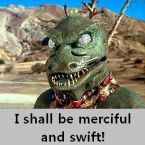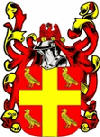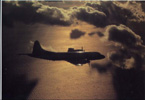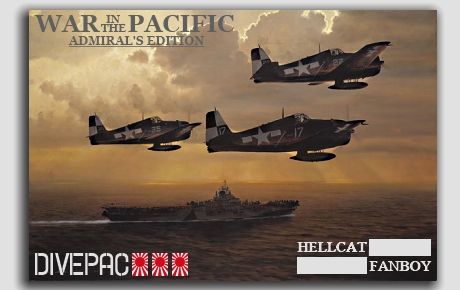Bullwinkle58
Posts: 11302
Joined: 2/24/2009
Status: offline

|
Offered purely as a service to forumites with interest. No further comment will be made by this OP.
Today, when the decision on the ACA dominated the news, the US Supreme Court also ruled in the Alvarez case on the constitutionality of the Stolen Valor Act, the subject of a recent thread here. The SVA was found to be unconstitutional on First Amendment grounds.
The decision can be read at
http://www.supremecourt.gov/opinions/11pdf/11-210d4e9.pdf
From the syllabus of the decision:
". . . (b) The Act seeks to control and suppress all false statements on this one subject in almost limitless times and settings without regardto whether the lie was made for the purpose of material gain. Permitting the Government to decree this speech to be a criminal offensewould endorse government authority to compile a list of subjects about which false statements are punishable. That governmental power has no clear limiting principle. Pp. 10−11.
(c) The Court applies the “most exacting scrutiny” in assessing content-based restrictions on protected speech. Turner Broadcasting System Inc. v. FCC, 512 U. S. 622, 642. The Act does not satisfy that scrutiny. While the Government’s interest in protecting the integrity of the Medal of Honor is beyond question, the First Amendment requires that there be a direct causal link between the restriction imposed and the injury to be prevented. Here, that link has not been shown. The Government points to no evidence supporting its claim that the public’s general perception of military awards is diluted byfalse claims such as those made by respondent. And it has not shown, and cannot show, why counterspeech, such as the ridicule respondent received online and in the press, would not suffice to achieve its interest.
In addition, when the Government seeks to regulate protectedspeech, the restriction must be the “least restrictive means among available, effective alternatives.” Ashcroft, 542 U. S., at 666. Here, the Government could likely protect the integrity of the militaryawards system by creating a database of Medal winners accessibleand searchable on the Internet, as some private individuals have already done. Pp. 12−18. . . .
. . . KENNEDY, J., announced the judgment of the Court and delivered an opinion, in which ROBERTS, C. J., and GINSBURG and SOTOMAYOR, JJ., joined. BREYER, J., filed an opinion concurring in the judgment, in which KAGAN, J., joined. ALITO, J., filed a dissenting opinion, in which SCALIA and THOMAS, JJ., joined."
_____________________________
The Moose
|
 Printable Version
Printable Version





























 New Messages
New Messages No New Messages
No New Messages Hot Topic w/ New Messages
Hot Topic w/ New Messages Hot Topic w/o New Messages
Hot Topic w/o New Messages Locked w/ New Messages
Locked w/ New Messages Locked w/o New Messages
Locked w/o New Messages Post New Thread
Post New Thread